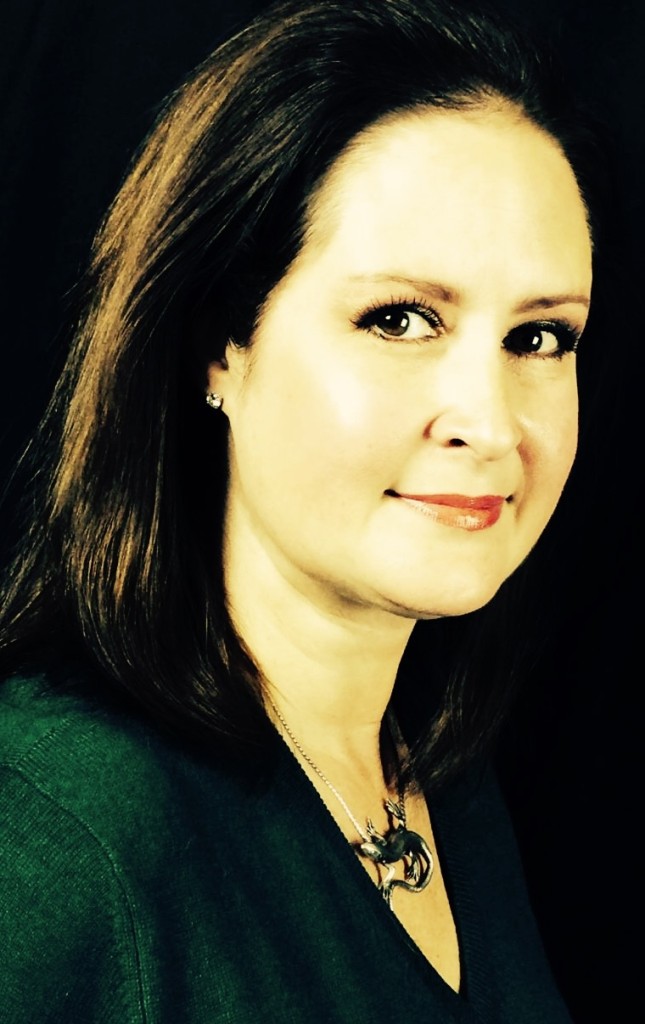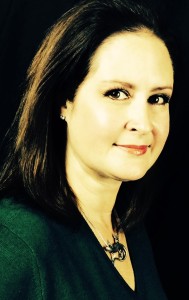- Calls to this hotline are currently being directed to Within Health or Eating Disorder Solutions
- Representatives are standing by 24/7 to help answer your questions
- All calls are confidential and HIPAA compliant
- There is no obligation or cost to call
- Eating Disorder Hope does not receive any commissions or fees dependent upon which provider you select
- Additional treatment providers are located on our directory or samhsa.gov
Inspirational Story – Lizabeth Wesely-Casella


Another difference you’ll hear is whether a person says they are in recovery or recovered. There is a lot of conflict surrounding the use of these words and yet there are so many reasons why one would choose either of them.
I vehemently oppose the idea of forcing someone to adhere to a language structure describing healing and health that doesn’t work for them so you will never hear me in the fray discussing who ‘is’ and ‘is not’ recovered. For me, all I know is my struggle, my healing and my triggers.
My name is Lizabeth Wesely-Casella and I am in recovery, or recovering from, binge eating disorder (BED) and I will struggle for the rest of my life. And that’s ok for me.
My Forever Journey
The reason that I say I am still on the journey is because I still feel the pull of triggers, I still have to be wary of emotions and unsafe situations and most importantly, I don’t feel a need to put that ED existence completely behind me. I walk with it every day though it no longer leads me; it is still my companion.
After seeking treatment and learning to accept that BED served a very real purpose in my life, I was able to take back my power. BED protected me from emotions I didn’t know how to feel safely or how to cope with and by acknowledging this I learned when and why I succumbed to it.
By doing that, my BED and the emotional triggers that activated it became smaller and easier to identify.
For me, it’s keeping that bit of vigilance near to my heart that keeps me from sliding head first into the easier, oh so comfy habits that quickly turn into coping mechanisms – instead I now use my learned coping skills.
You see, I now know that if I listen to my body I can trust it to tell me what it truly needs and I don’t have to try to “shut it up”, to get rid of the emotions, to numb it out so I’ll stop feeling; by drowning myself in food to sooth the fear and pain.
Learning about BED
It may seem counter intuitive, and it may be distressing to read, but only by learning as much as I could about BED and taking the risk to be thankful for the power it had to shield me from my feelings, was I able to understand when I thought I needed it most.
I had to risk feeling it creep through me and itch in my brain and make me anxious and make me nauseous and make my skin crawl and heart pound and breath short…. before I could learn what about my world was conjuring it up.
And I only had to take that risk a few times before I learned…
My body and my mind needed me to pay attention to them. My emotions and my feelings needed me to be present. My life needed to be the most important thing in my world – and it was, it IS, ok to take time out to tend to that.
Characteristics of a BED Sufferer
One of the characteristics of the person struggling with BED is that we don’t often put ourselves first; many of us don’t even know how to in a natural, enjoyable manner. Feelings of shame and guilt or obligation to others are all very close to us and we have learned to find grace in giving of ourselves – but to an unhealthy extent.
When we finally do take time for privacy or nurturing, it’s often in stolen, secret moments, which serve to bolster our BED behaviors. If we lose control around food in secret we can call it “time for myself” and “nutrient intake” though we know it’s truly neither.
It’s escaping and coping and almost drugging ourselves in order to deal with external pressures that we don’t have the tools to successfully cope with.
Having sought treatment and worked really hard, I’m on the other side of that scenario now but I never get so far away from it that I don’t remember what it’s like. I can feel my body tell me when I need time alone, or down time, or privacy, or love, or understanding.
Listening to My Mind and Body
I listen to my mind and I pay attention to my body. Do I hurt? Am I tired? Is my heart breaking? Do I feel ‘not good enough’? The emotions that I couldn’t name previously are indicators that I must make a safe space for myself because if I don’t I will feel them so intensely that they can convince me I’m drowning or being crushed, and those sensations mean I’ve been asleep at my own wheel.
When that happens, I allow myself to do what is necessary to find a place of soothing and safety, but because I am doing the allowing, I am not out of control. In turn, if I choose to engage in eating during a high stress time, because I’m thoughtful and aware of my body and my emotions, I don’t overeat or eat to distress.
I don’t engage in binge eating, I simply eat.
It’s not a matter of rationing or portion sizing, it’s a mental and physical awareness that I am safe and I am not trying to escape something terrible. I can survive the emotions because I can care for myself more than they can hurt.
Treating Your Body as Your Home
Early on in my recovery I came across Amy Pershing, LMSW, ACSW and what she has to say about BED and our bodies. In many of her writings Amy discusses the idea that you must treat your body as your home; your safe, loved, uniquely individual space that will serve you and protect you and be the symbol of your comfort for your whole life.
Learning this helped me to become aware of my needs and to learn to care for them and myself before my BED kicked in and tried to do it for me.
BED is a form of protection when we don’t have the skills to defend ourselves from harmful and scary experiences. Emotional triggers are just that, harmful and scary, and learning how to care for yourself, sooth yourself and create safety, will allow you to take back the power, and purpose, of BED.
Community Discussion – Share your thoughts here!
What has been your experience with learning to care for yourself in eating disorder recovery?
Bio:
Lizabeth Wesely-Casella is a weight stigma prevention advocate and a binge eating disorder expert. She works in Washington, DC as a coalition builder and a speaker addressing the impact that size discrimination has on our economy, education and labor pools as well as the profound effects on those with eating disorders.
Lizabeth co-leads the Weight Stigma Stakeholders Group, a coalition of industry professionals dedicated to addressing weight stigma and discrimination in policy, government, industry and education. As a speaker, Lizabeth blends science, humor and cultural wisdom to engage her audience, creating a clear understanding of where health disconnects from body shape and that neither impact personal value or character.
Lizabeth’s weight stigma prevention advocacy has allowed her to speak in the Senate, on film and in radio. Her advocacy work has impacted program design from college campuses to the White House in an effort to prevent weight bias and stigma in programs including Let’s Move!.
Lizabeth lives in Washington DC with her loving husband and delightfully spoiled dog Noodle. Please visit her website at www.BingeBehavior.com or follow her on Facebook at Lizabeth Wesely-Casella or on Twitter @BingeBehavior.
